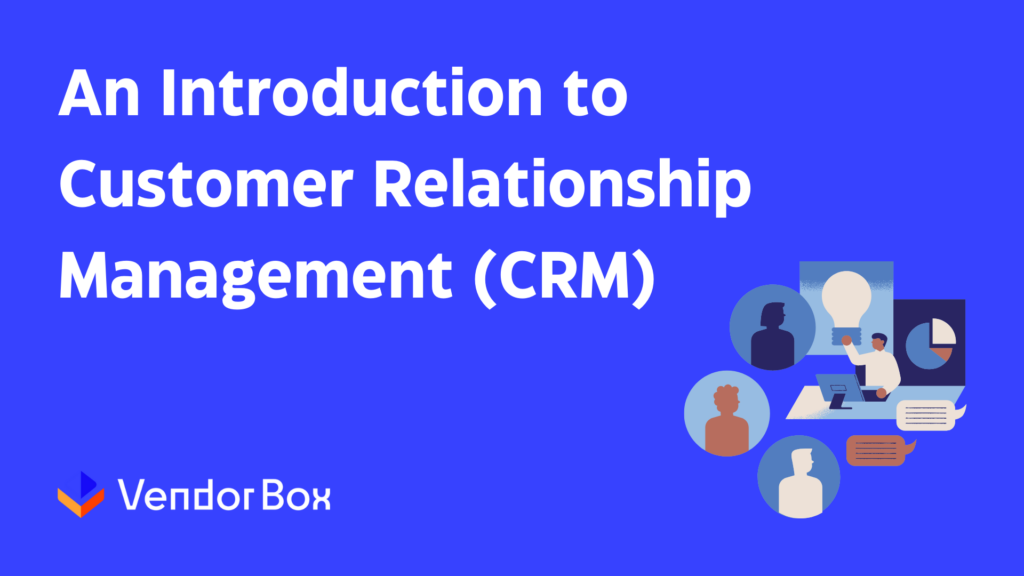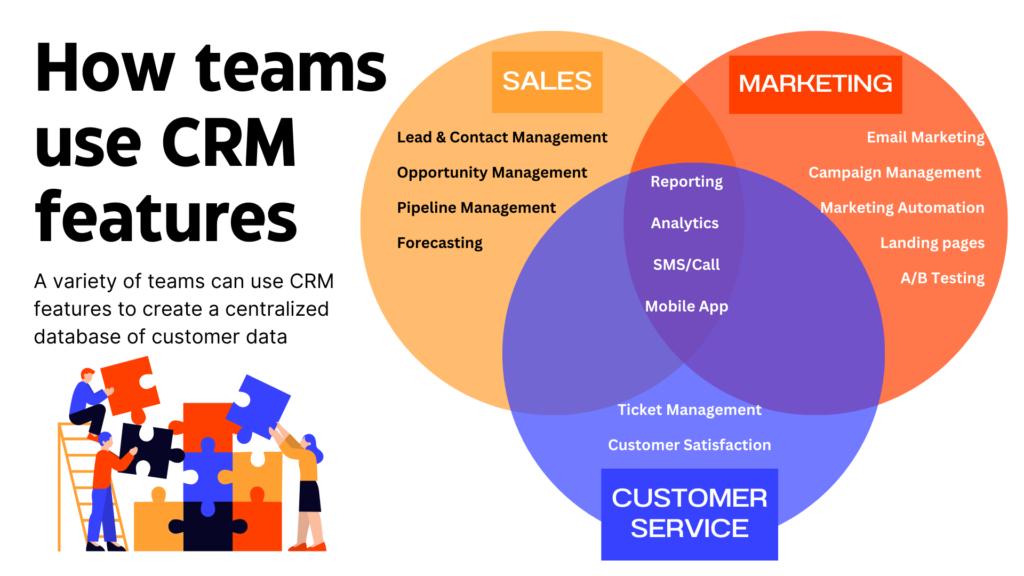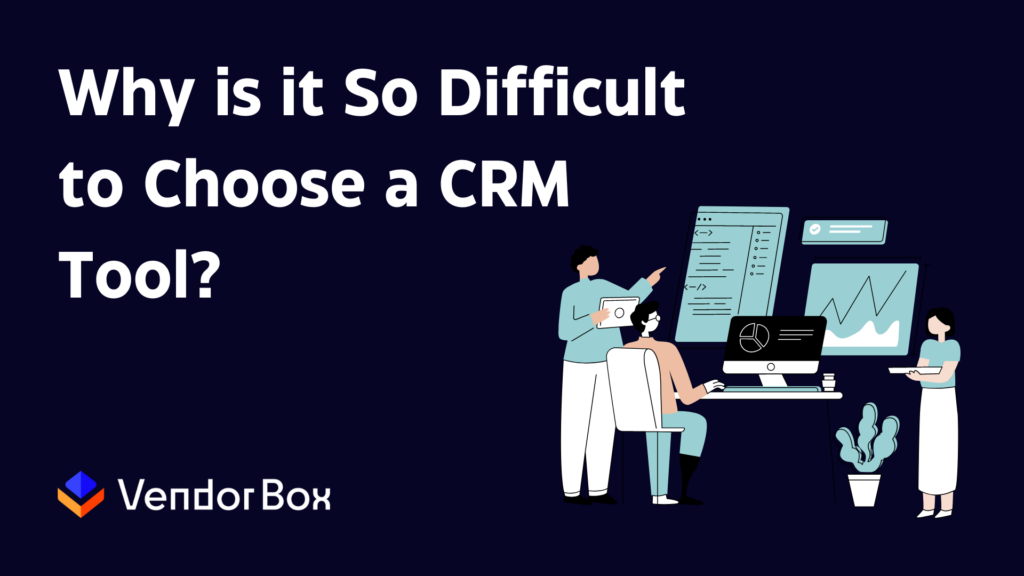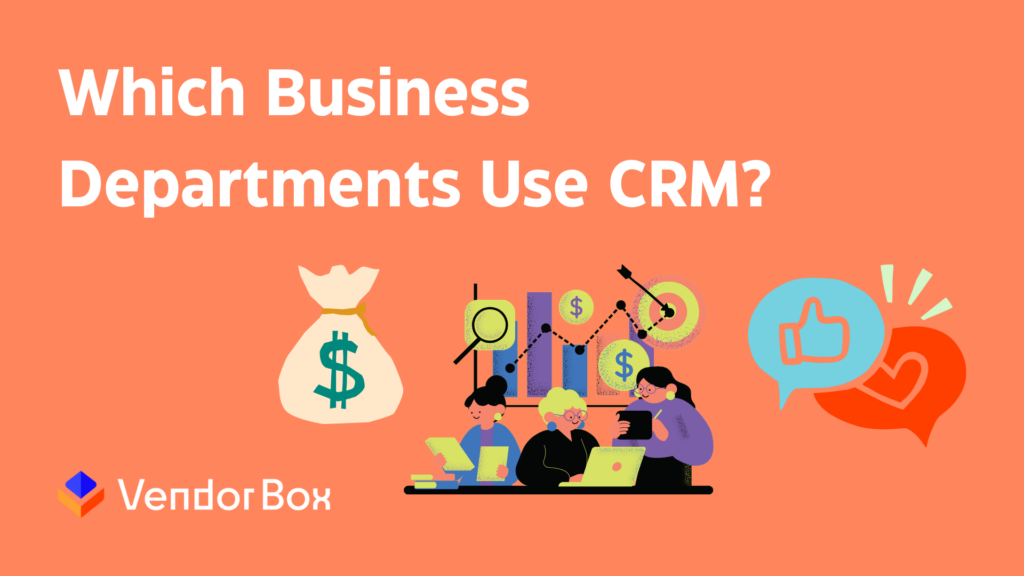
Exploring the fundamentals of CRM, its evolution, and its significance in modern business operations.
In today’s hyper-connected digital landscape, businesses are constantly striving to enhance their relationships with customers. At the heart of this endeavor lies Customer Relationship Management (CRM), a strategic approach that revolutionizes how organizations interact with their clientele. To put its significance into perspective – bad CRM practices cost businesses over $610 billion annually!
To put its significance into perspective – bad CRM practices cost businesses over $610 billion annually!
In this introductory guide, we delve into the fundamentals of CRM, exploring its significance, key principles, and the transformative impact it can have on businesses of all sizes. Whether you’re a seasoned entrepreneur or just embarking on your business journey, understanding CRM is essential for fostering lasting connections and driving sustainable growth.
What is Customer Relationship Management (CRM)?
Customer Relationship Management (CRM) is a strategic approach that emphasizes the management and nurturing of relationships with customers throughout their lifecycle. It involves utilizing technology, strategies, and processes to analyze customer data, improve customer interactions, and ultimately enhance customer satisfaction and loyalty.
At its core, CRM aims to centralize and organize customer information across various touchpoints, such as sales, marketing, customer service, and support channels. This centralized data repository enables businesses to gain insights into customer behaviors, preferences, and needs, allowing for more personalized and targeted engagement.
CRM systems typically include features such as:
- Contact management
- Sales automation
- Lead tracking
- Email marketing
- Customer support ticketing
- Reporting/analytics
By leveraging these tools, businesses can streamline their operations, optimize sales processes, and deliver better customer experiences.

Customer Relationship Management (CRM) Nurtures Relationships
Furthermore, CRM goes beyond mere transactional interactions; it emphasizes building long-term relationships with customers by understanding their journey, addressing their concerns, and providing value at every stage of the relationship. This focus on relationship-building fosters customer loyalty, repeat business, and advocacy, which are crucial for sustainable growth and profitability.
In essence, CRM serves as a strategic framework for businesses to effectively manage and nurture their customer relationships, ultimately driving revenue growth and competitive advantage in today’s dynamic marketplace.
CRM Supports Product Teams and Development Processes
One often overlooked yet crucial aspect of CRM capabilities lies in its potential to significantly impact Product teams and development processes. When effectively utilized by Customer Service teams, a CRM transforms into a central hub for product roadmapping.
By meticulously analyzing trends, customer requests, and recurring issues, businesses can gain invaluable insights into the most pressing challenges faced by their customers. This data empowers informed strategic decision-making regarding which features and improvements should be prioritized on the product roadmap, ensuring alignment with customer needs and driving impactful innovation.
Similarly, Sales teams can pinpoint bottlenecks within the sales funnel and initiate discussions with product teams to explore potential solutions. By aligning these various teams around a unified view of customer data, CRM facilitates cross-functional communication and enables businesses to deliver tailored solutions that meet individual customer needs effectively.
The Evolution of CRM
The evolution of CRM can be traced back to the early days of contact management systems and spreadsheets, which were primarily used to store customer information and track interactions. Over time, CRM evolved into more sophisticated platforms with advanced features such as sales automation, marketing automation, and customer service management. The emergence of cloud computing and mobile technology further revolutionized CRM, making it more accessible and scalable for businesses of all sizes.
Today, CRM solutions encompass a wide range of capabilities, including predictive analytics, artificial intelligence, and integrations with other business systems. As technology continues to evolve, CRM will continue to adapt and innovate to meet the changing needs of businesses and customers alike. One thing will remain the same – companies will need a CRM tool that is compatible with their business capabilities.
Significance of CRM in Modern Business Operations
In today’s highly competitive business landscape, where customer expectations are constantly evolving, CRM plays a critical role in driving business success. By providing a centralized platform for managing customer data and interactions, CRM enables businesses to gain deeper insights into their customers’ preferences, behaviors, and needs. This insight allows businesses to deliver personalized experiences, anticipate customer needs, and build long-lasting relationships that foster loyalty and advocacy.
Moreover, CRM facilitates collaboration across departments, breaking down silos and enabling teams to work together towards common goals. Whether it’s acquiring new customers, retaining existing ones, or maximizing customer lifetime value, CRM is indispensable for modern businesses seeking to stay ahead in the digital age.
If you are looking for a new CRM that will save your business money, fill out this questionnaire and we’ll get you started.
Looking for a new CRM?
Don’t waste 11 weeks searching for the right CRM tool for your business. We can deliver a personalized, bias-free recommendation to your inbox in less than 3 business days.


